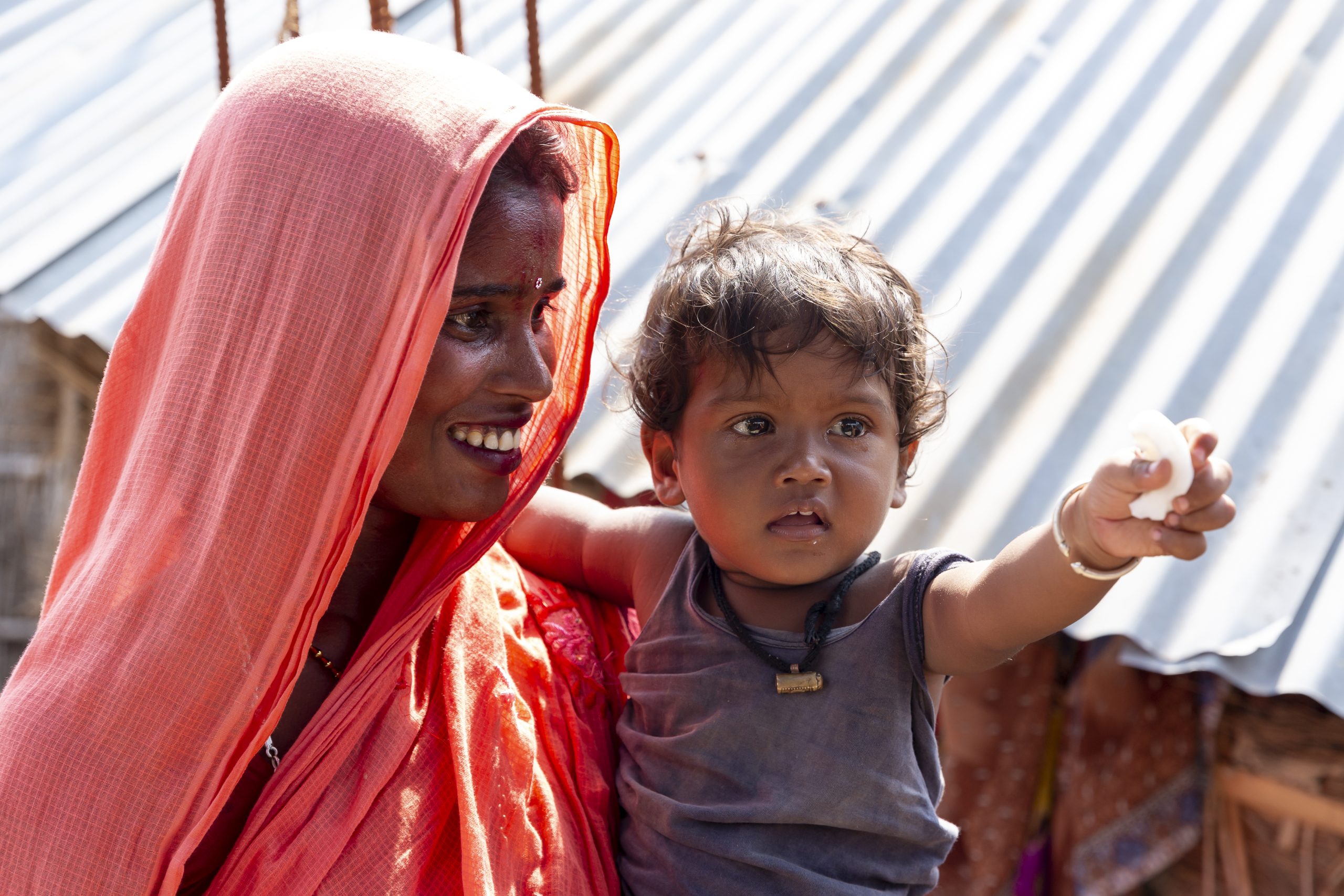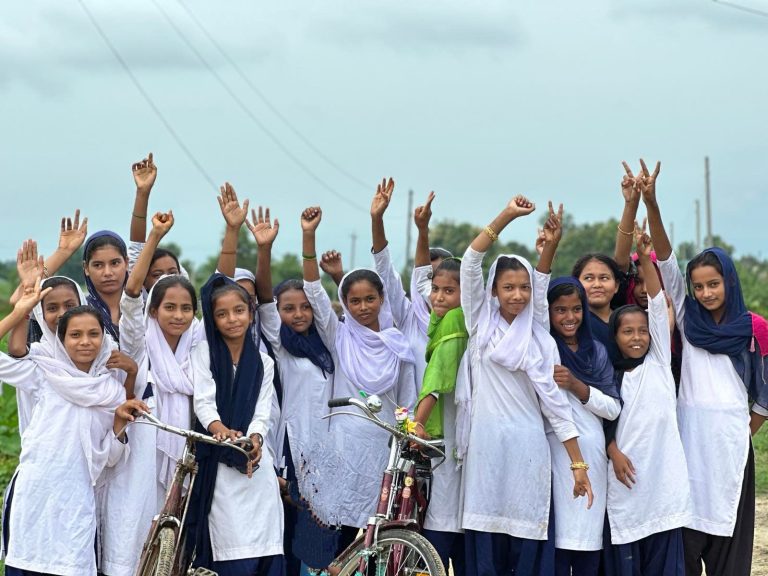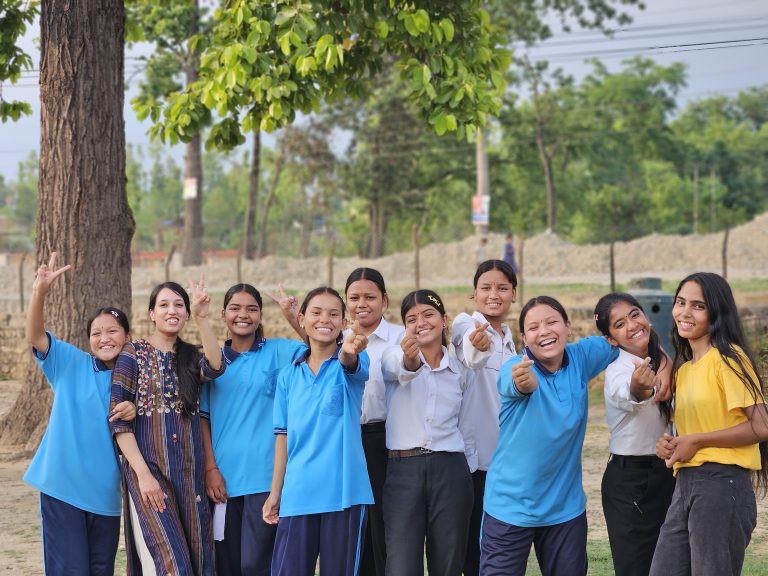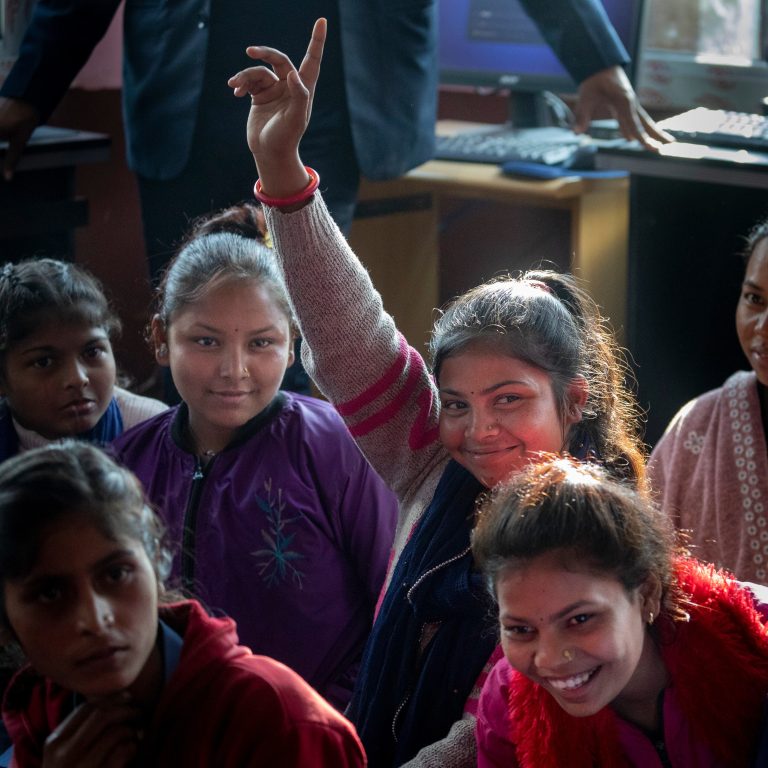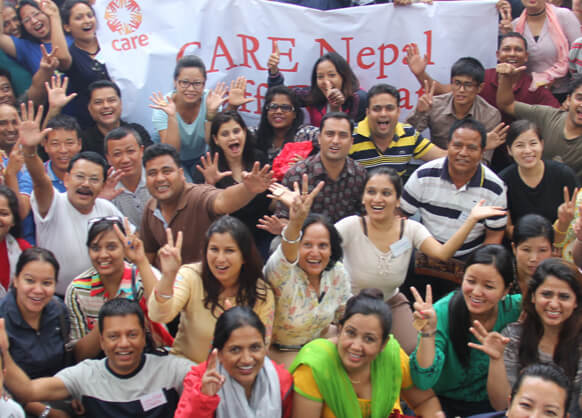Background
The Mother and Child Wellbeing (MCW) Partnership program in Nepal will be implemented in Sudurpaschim, Karnali, Lumbini, and Madhesh Provinces, targeting five districts with high rates of poverty, poor health and nutrition outcomes, and high rates of food and nutrition insecurity. A lack of nutrition-rich food production, poor dietary diversity, and harmful practices rooted in traditional social norms, negatively impact child and maternal health and nutrition, especially for landless and smallholder women farmers and their children in the targeted provinces. Of the provinces, Lumbini has the highest maternal mortality ratio (MMR), at 207 per 100,000 live births, followed by Karnali at 172 per 100,000 live births (national average is 150 per 100,000 live births).
Nepal’s vulnerable and marginalized populations (caste/ethnic minorities, persons with disabilities, geographically remote, pregnant and lactating women (PLW) and young children, landless households, migrants) are challenged by a lack of access to production resources, such as land, water sources, and production inputs (seed, fertilizers, technology, and tools). Amongst marginalized, landless households, family members are unable to earn adequate incomes to access diverse foods through the market and provide nutritious meals for the family. Marginalized women face intersectional challenges from gender discrimination compounded by socio-economic, geographic, and other factors. Specific barriers include inappropriate intra-household food allocation, unequal division of household tasks, and consequent high time-burden for young mothers, limited say over their reproductive decisions, and high prevalence of adolescent marriage, early childbearing, and violence against women and girls.
Program Overview
Objective: The MCW Partnership aims to improve the wellbeing of children and their mothers in Nepal. Activities aim to strengthen the health system; improve care and feeding practices; increase household food security; promote food safety and hygiene; and promote women’s empowerment and leadership.
Geographic Area: In Nepal, the Child Wellbeing Partnership will be implemented in five districts of Madhesh, Karnali, Lumbini, and Sudur Paschim provinces. Districts were chosen based on high levels of poverty, stunting and/or wasting rates, maternal mortality, strength of government partnerships, and physical presence and scale-up potential of program operations.
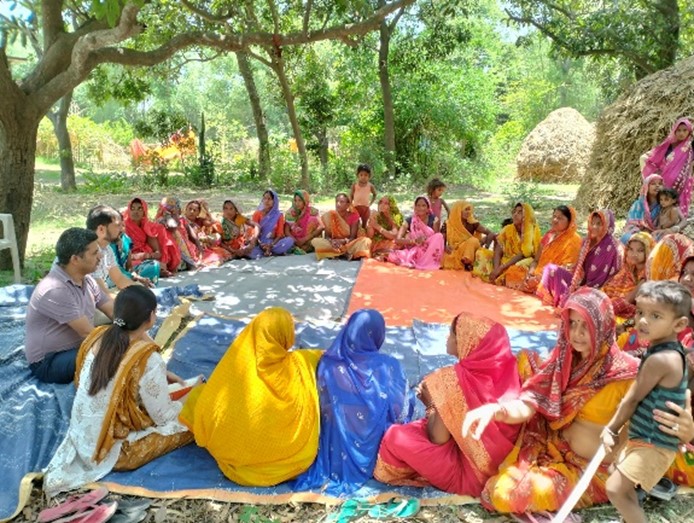
Target Population: 69,540 direct participants
CARE and iDE will target PLW, women of reproductive age and children under the age of five years. Special emphasis will be on 1,000-days households[1], and vulnerable and marginalized populations, such as ethnic minorities, the geographically remote, and persons with disabilities.
The program will also directly target other groups and platforms key to the long-term success of the program. Nutrition Groups, comprised of food and nutritionally vulnerable, excluded, and marginalized populations and Healthy Mothers Groups, married women of reproductive age from marginalized and disadvantaged communities, and small-scale farmers groups will benefit from nutrition-sensitive agricultural interventions. The partnership will also support the leadership of local health facilities and their staff, to improve their governance and accountability, and provide essential medical equipment and supplies to the health facilities. Community Health Workers will receive training and support to strengthen the local health system and enable health facilities to provide quality health and nutrition services. Men, boys, in-laws, and community members will also be engaged through proven community mobilization tools and Social and Behavior Change Communications (SBCC) aimed at reducing the impact of harmful social norms.

